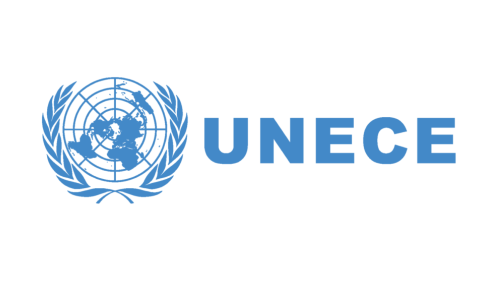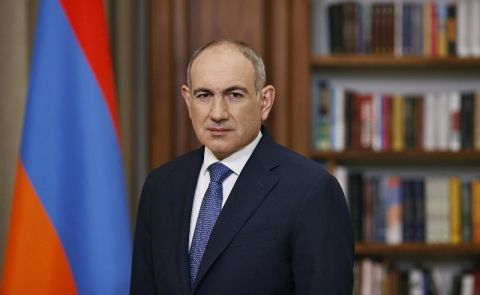
Turkish and Hungarian Diplomats Voice Concerns Over EU’s Double Standards Concerning Georgia
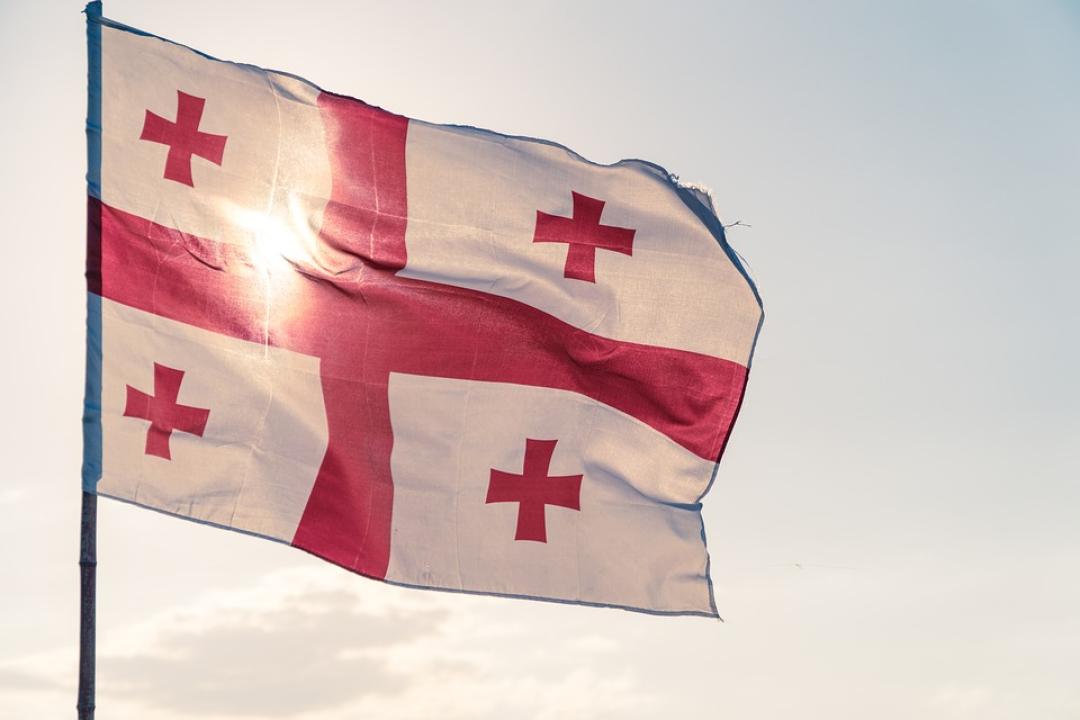
On April 11, Mevlüt Çavuşoğlu, the former Turkish Foreign Minister and head of the Turkish delegation to the NATO Parliamentary Assembly, criticized the European Parliament and other parliamentary bodies for treating Georgia unfairly, while Georgian Prime Minister Irakli Kobakhidze and Hungarian Foreign Minister Péter Szijjártó echoed similar sentiments about international pressure. Kobakhidze highlighted the weakness of diplomacy in wartime, and Szijjártó accused Brussels of double standards and interference.
During the Diplomatic Forum in Antalya on April 11, Çavuşoğlu stated that the European Parliament and other parliamentary assemblies have been "very unfair" toward Georgia. Speaking to Georgian journalists, Çavuşoğlu urged, "I would ask them to respect the free choice of the Georgian people." He noted that Turkey and Georgia maintain strong bilateral relations and mutual support on international platforms, including the NATO Parliamentary Assembly. Çavuşoğlu reiterated that Turkey has consistently supported Georgia’s Euro-Atlantic aspirations and that both countries, as candidates in international organizations, stand by each other politically and economically.
At the same forum, during a panel discussion on "Partnership in the Era of Multipolarity," Çavuşoğlu addressed Georgian Prime Minister Irakli Kobakhidze, stating that countries in the region must "balance their relations with all major players," a strategy he said should be understood and respected globally. Çavuşoğlu emphasized that this balanced approach defines Turkey’s foreign policy.
Péter Szijjártó, the Hungarian Foreign Minister, also expressed support for Georgia at the Antalya Diplomatic Forum, criticizing Brussels’ stance. Speaking to Georgian journalists, Szijjártó stated, "We do not approve of Brussels' behavior toward Tbilisi. We want the EU to act fairly, without double standards." He argued that Brussels often challenges the legitimacy of right-wing electoral victories, claiming, "For Brussels, democracy seems to mean exclusively the power of liberals."
Szijjártó also addressed global political trends, suggesting that international affairs would improve if Donald Trump returned to the US presidency. He emphasized that under the current Democratic administration, the US and Brussels have excessively interfered in other nations’ internal affairs. "It is very positive that USAID funding was stopped," he stated, arguing that this has reduced external influence on domestic political processes.
During the same discussion, Irakli Kobakhidze, the Prime Minister of Georgia, emphasized that the country had to engage in an intense political struggle "without the power of diplomacy" to safeguard its national interests. He explained that diplomacy becomes ineffective during wartime, citing Georgia’s refusal to be drawn into the Russia-Ukraine conflict in February 2022 despite pressure. Kobakhidze stated, "Based on our experience, I can say that the power of diplomacy is indeed extremely limited." He stressed the need to prioritize national well-being and peace over traditional diplomatic engagement.
Kobakhidze further criticized the current state of Georgian diplomacy, noting that ambassadors in several countries lack practical roles due to ongoing geopolitical tensions. "
See Also

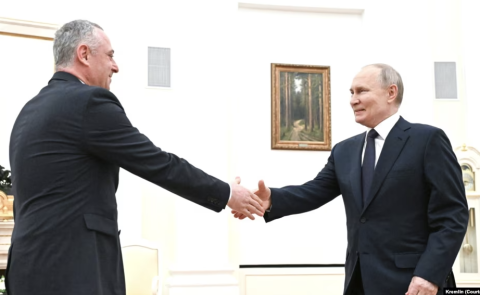
Abkhazia’s Separatist Leader Discusses Relations with Russia

CoE Commissioner Addresses the Georgian Government
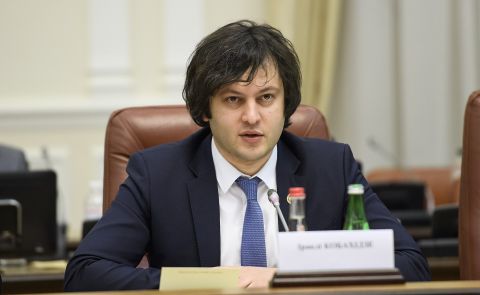
Kobakhidze Announces Plans to File Lawsuit to Ban the "Collective National Movement"
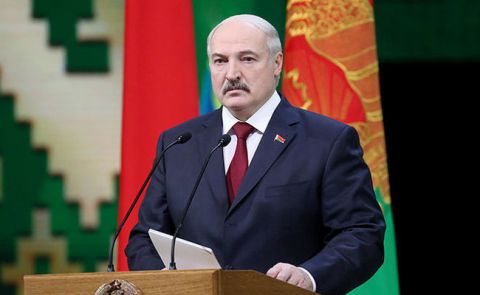
Belarus Affirms It Has Never Been an Adversary to Georgia
